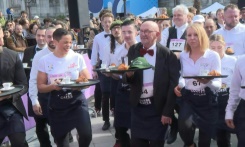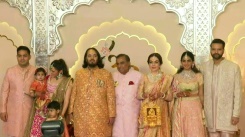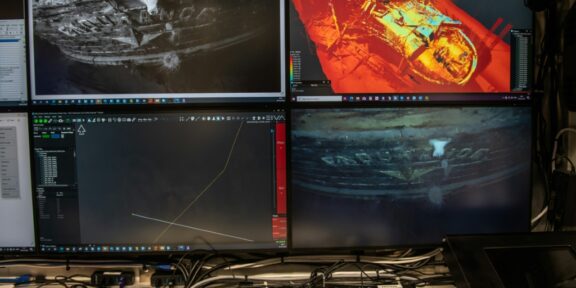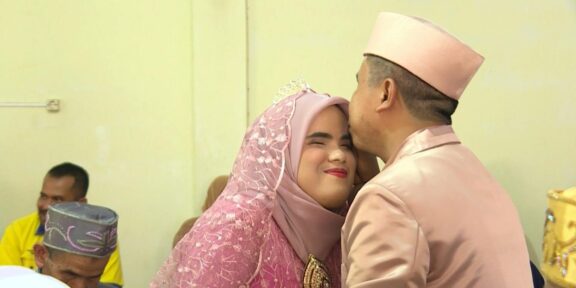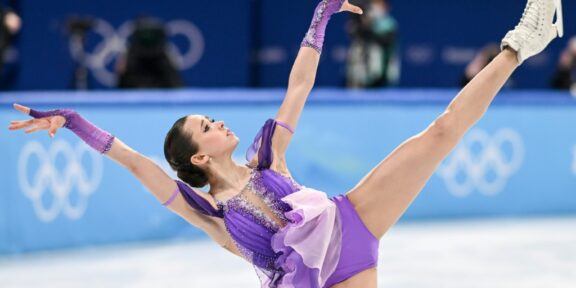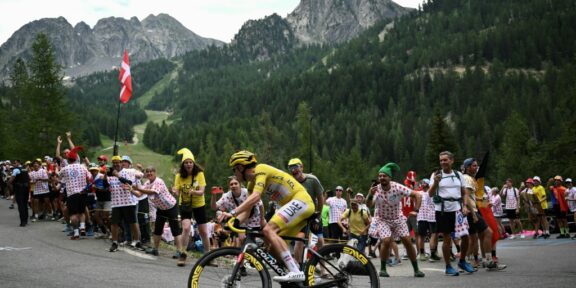Chad’s military government and dozens of opposition groups started peace talks on Sunday in Qatar as a first step towards ending a rebellion and holding elections.
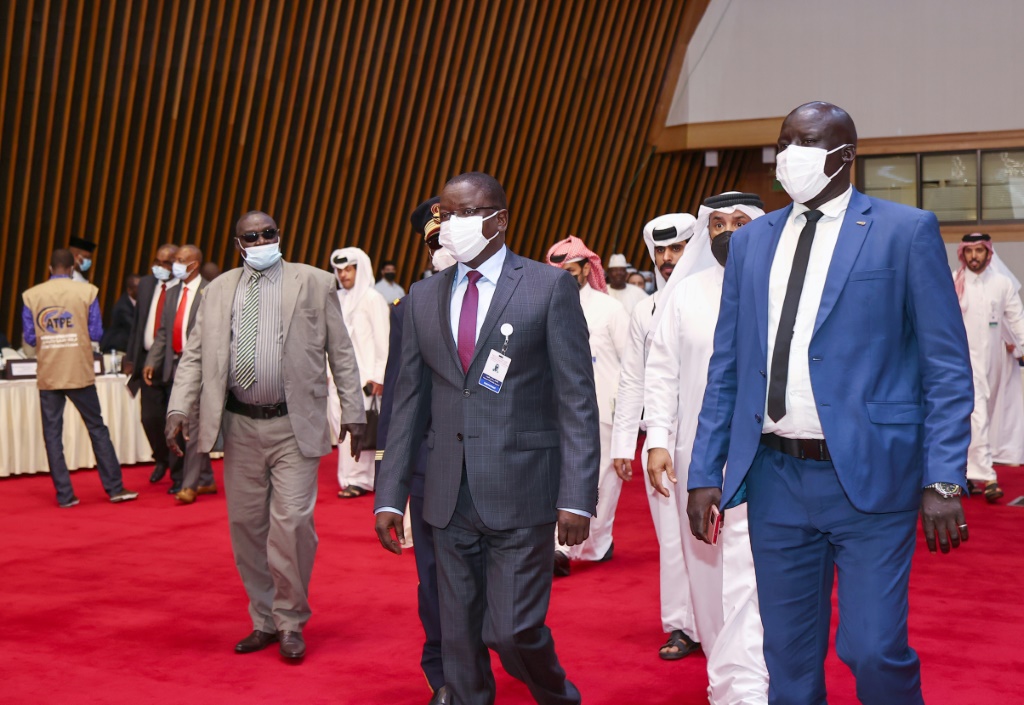
But after opening speeches, in which the country’s prime minister and the head of the African Union Commission called for concessions, the talks were suspended for 48 hours because of a dispute over the format, opposition groups said.
The landlocked African nation was thrown into turmoil by the killing of longtime leader Idriss Deby Itno in a battle with rebels last April.
His son, Mahamat Idriss Deby Itno, seized control at the head of a military council but has promised free elections this year.
The process risks being protracted and complicated.
Some 44 armed rebel and opposition groups were invited to the Doha meeting. Some were missing at the opening, which had already been delayed from February 27.
The difficulties were highlighted when the leading opposition Front for Change and Concord in Chad (FACT) and several of its allies refused to start official talks after the opening speeches.
FACT spokesperson Issa Ahmat told AFP the opposition did not want direct contact with government representatives and was demanding Qatar act as a mediator.
– Talks or ‘suicide’ –
Other opposition officials said Qatar had proposed setting up a committee for the talks, with each side nominating 10 representatives.
The talks were suspended to see if the committee could be formed, they said.
Diplomats said the Doha talks could take weeks and that a planned “national dialogue” due to start on May 10 may have to be delayed.
Under the plan of Deby, a 38-year-old army general, the dialogue would be a prelude to agreeing a new constitution and then holding elections.
Chad, with its constellation of ethnic groups and armed outfits, has had a long history of volatility since gaining independence from France in 1960. Tens of thousands have died in various conflicts.
The elder Deby came to power at the head of a rebel force in 1990. Twice, he needed French military support to head off rebellions against his rule.
“The situation in Chad is very serious, we have to deliver this,” the African Union’s Moussa Faki said in his address to the government and armed groups.
Prime Minister Albert Pahimi Padacke said Chad had to get away from its violent history and “go forward and not head back in a suicidal walk on our wounds.
“Reconciliation and a spirit of tolerance must win over revenge and anger.”
He also said success in the talks would help stabilise the whole Sahel region, where radical Islamist groups have staged regular attacks.
Libya’s Foreign Minister Najla al-Mangoush said the peace process would be crucial to improving stability and helping “fight terrorism” in the Sahel.
But the opposition groups said the government had to show more signs that it was sincere about holding elections. As a condition for the Doha talks, the rebels called for a general amnesty and the release of “prisoners of war”.
The military government says it has released hundreds of prisoners and amnestied several prominent leaders.
However, it has so far excluded FACT — the Libya-based group that launched the offensive in which Idriss Deby Itno was killed.

